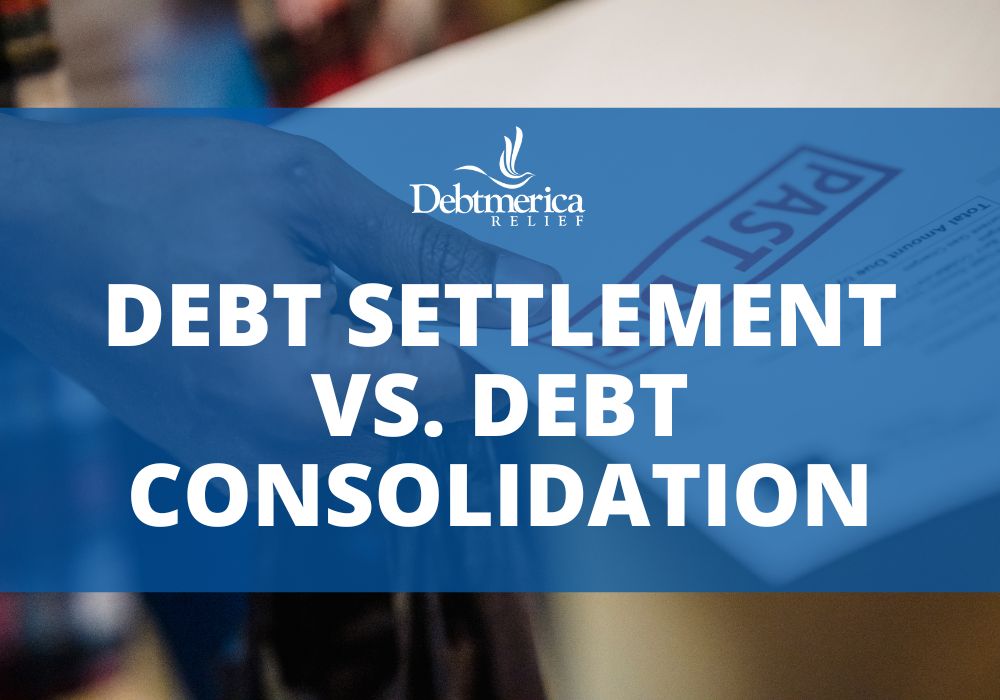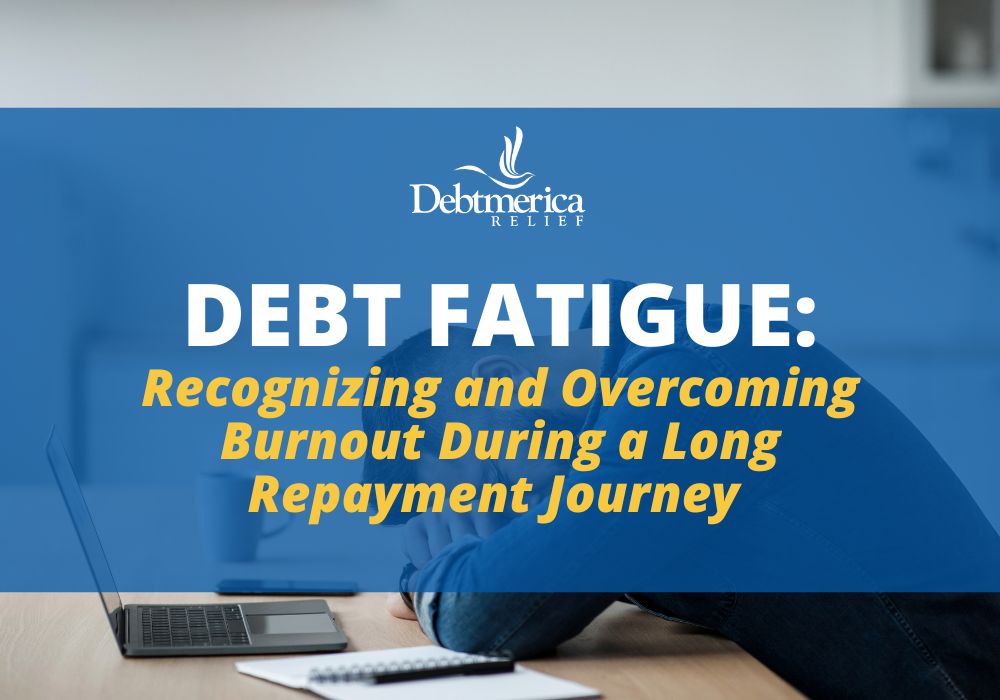Debt Settlement vs. Debt Consolidation

Managing debt can feel overwhelming, especially when multiple creditors, high interest rates, and mounting balances are involved. For those seeking relief, two common strategies often come up: debt settlement and debt consolidation. While both can help regain control over finances, they work very differently and come with their own set of advantages and risks. Understanding how each approach functions is essential to determine which solution is right for your financial situation.
Understanding Debt Settlement
Debt settlement can be a powerful tool for reducing what you owe, but it comes with risks and consequences.
What Is Debt Settlement?
Debt settlement is a process where a debtor negotiates with creditors to pay less than the full amount owed. Typically, this approach is used when someone is struggling to make minimum payments and is behind on multiple accounts. Often, individuals work with a debt settlement company, which negotiates on their behalf, or they may negotiate directly with creditors. The goal is to reach a lump-sum payment that creditors will accept as full satisfaction of the debt.
Pros of Debt Settlement
One of the main benefits of debt settlement is the potential to reduce your total debt significantly. Creditors may agree to settle for a fraction of the balance owed, sometimes saving you 30% to 50% or more. Additionally, if successful, debt settlement can allow you to become debt-free faster than making minimum payments over time.
Cons of Debt Settlement
Despite the potential savings, debt settlement carries notable downsides. First, it can have a significant negative impact on your credit score, often lowering it by 50 to 100 points or more. Forgiven debt may also be considered taxable income by the IRS, which can create unexpected tax liability. There’s also the risk that creditors may refuse to negotiate or even file lawsuits, especially if payments are missed. Finally, working with a debt settlement company often involves fees, which can add to your financial burden.
Understanding Debt Consolidation
Debt consolidation focuses on simplifying payments, which can reduce stress and sometimes save money on interest.
What Is Debt Consolidation?
Debt consolidation is the process of combining multiple debts into a single loan or line of credit, ideally with a lower interest rate than your existing debts. Instead of managing multiple monthly payments to various creditors, you make one payment to a new lender. Debt consolidation can take several forms, including personal loans, balance transfer credit cards, or home equity loans.
Pros of Debt Consolidation
The primary benefit of debt consolidation is simplicity. With a single monthly payment, you can reduce confusion and make it easier to stay on top of your finances. Many debt consolidation loans offer lower interest rates than credit cards or high-interest loans, which can save money over time. Additionally, by consistently making payments on a consolidated loan, you can improve your credit score over the long term, demonstrating responsible repayment behavior.
Cons of Debt Consolidation
While debt consolidation simplifies payments, it does not reduce the total debt owed. Extending the repayment timeline to achieve lower monthly payments can also mean paying more interest overall. Some consolidation loans, especially secured ones like home equity loans, may require collateral, putting assets at risk if payments are missed. Additionally, there can be fees associated with loan origination or balance transfers.
Key Differences Between Debt Settlement and Debt Consolidation
Comparing debt settlement vs. debt consolidation highlights important distinctions that can guide your decision.
The most notable difference is the impact on credit. Debt settlement typically lowers your score because accounts are settled for less than the full balance, while debt consolidation can improve your score over time if payments are made on schedule.
Another key distinction is cost. Debt settlement can reduce your total debt but may create tax liabilities, whereas debt consolidation does not reduce the principal but can lower monthly payments and interest costs. Risk is also a differentiator: debt settlement carries the chance of lawsuits and requires negotiations, while debt consolidation carries the risk of longer repayment periods and potential collateral loss if the loan is secured.
Suitability also varies. Debt settlement is generally best for those who cannot realistically keep up with payments and want to reduce overall debt. Debt consolidation is ideal for individuals with steady income who can manage a new loan and want to simplify payments while reducing interest costs.
Which Option Is Right for You?
Choosing between debt settlement and debt consolidation depends on your financial goals, credit situation, and ability to repay. Consider the total amount of debt, your income stability, and whether you can handle continued monthly payments. If immediate debt reduction is crucial, debt settlement may be the better option. If managing multiple payments and reducing interest is your priority, debt consolidation could be more suitable.
It’s also wise to consult a financial advisor or credit counselor. They can evaluate your financial situation, explain the nuances of each strategy, and help develop a realistic plan to regain control of your finances.
Conclusion
When deciding between debt settlement vs. debt consolidation, it’s important to weigh the pros, cons, and long-term effects of each approach. Debt settlement can reduce what you owe but may harm your credit and create tax consequences, while debt consolidation simplifies payments and can save on interest but doesn’t reduce the overall debt. By understanding the differences and assessing your personal circumstances, you can make an informed choice that helps you move toward financial stability and peace of mind. Debtmerica Relief has over 18 years of experience in providing relief to our clients whose financial burdens have become too much to handle.
If you need help with debt, contact us for a free consultation.



